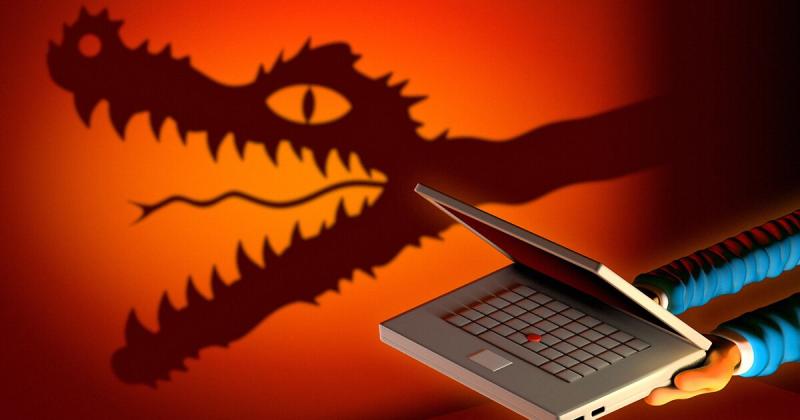
Shannon's excerpt from the article: "🇺🇸🥷💼 Bloomberg [excerpt]: When a Chinese balloon outfitted with surveillance equipment drifted across US skies in early 2023, it set off a nationwide panic about #espionage. One opinion essay in Newsweek argued that electronic spying was far broader than most people realized, drawing a parallel between the device floating above Montana and the glut of Chinese-made #Lenovo #computers in American government offices.
The author, retired US Army General James 'Spider' Marks, suggested those computers were sending data to the Chinese Communist Party, and advocated for legislation that could ban them. One study he cited was from a research and advocacy group where he serves as a principal. The group, #China #Tech Threat (CTT), tallied how much US government agencies spend on equipment from Lenovo, which counts the Chinese government as a significant indirect shareholder. But it made no mention of the #money #Dell Technologies Inc., one of Lenovo’s biggest competitors, has spent to fund CTT.
Dell has been one of CTT’s main financial backers, according to people with knowledge of the matter, who asked not to be named for fear of professional repercussions. CTT has consistently painted Lenovo laptops, with their distinctive red keyboard nub serving in place of a mouse, as nefarious tools of the Chinese state, allowing potential entry points for cyberespionage campaigns. The people say that Idaho-based chipmaker #Micron Technology Inc. has also funded the group, which has included issues related to #semiconductors among its #nationalsecurity concerns. It’s not clear how much Dell and Micron have given to CTT, or whether other companies have helped fund or operate it.
CTT is far from the only voice raising alarm about Chinese #technology, a rare area of bipartisan agreement in Washington. Lenovo in particular has drawn scrutiny from various parts of government, and semiconductor policy has been a major focus of both Congress and the executive branch. But CTT also promotes policies that would be beneficial to its sponsors without disclosing their involvement, and puts more focus on Lenovo than most tech policy experts. Funneling attacks aimed at US audiences through a group such as CTT makes sense for companies that fear a backlash from China, a major manufacturing center and consumer market.
While CTT presents as a standalone organization, it is actually a project of DCI Group, a #publicaffairs and #consulting firm with a history of 'astroturfing,' the technique of disguising corporate messaging as grassroots advocacy, according to people familiar with the matter and documents viewed by Bloomberg Businessweek. DCI’s clients have included Dell and Micron. It has also aided Exxon Mobil in fighting climate regulations, DoorDash in pushing back on criticism of its business model, and Altria Group’s promotion of vaping as a healthy alternative to cigarettes. ..."
#news #business

